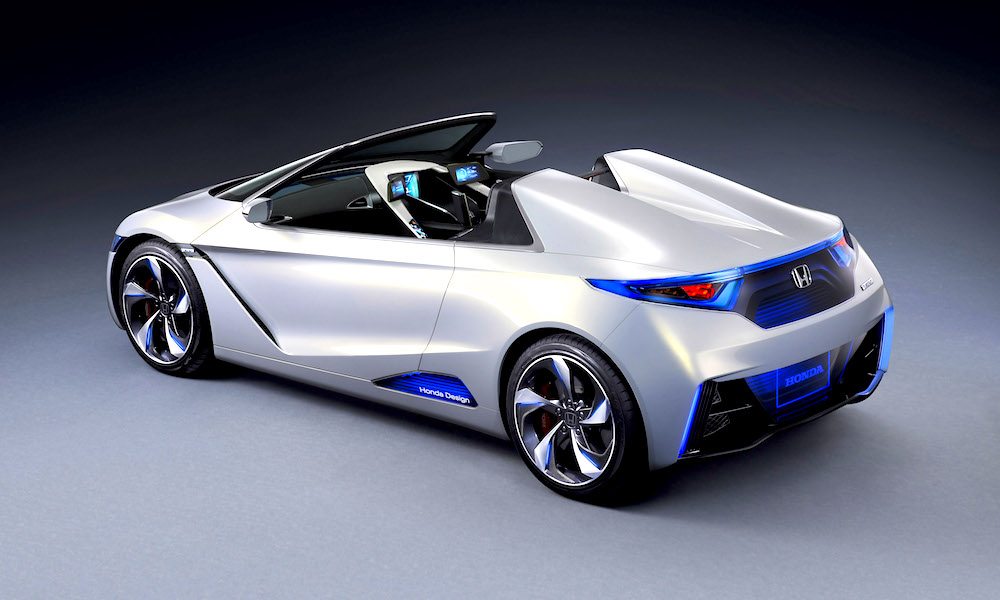Honda’s New Hybrid Electric Motor Is Both Groundbreaking and Geopolitically Significant

Toggle Dark Mode
The engineers at Honda Motor have developed the world’s first hybrid car motor that is completely free of rare heavy earth metals.
These rare minerals, such as terbium and dysprosium, are overwhelmingly mined in China, which produces around 80% of the global supply. Heavy earth metals became the subject of press coverage and international debate a few years back when China started using its near monopoly on the world’s supply for leverage in political disputes. In 2010, when tensions between China and Japan flared up over conflicting territorial claims to islands in the East China Sea, China imposed a two-month ban on exports of heavy earth metals to the island nation.
The ban was a big blow for a nation reliant on high-tech manufacturing, which rare earth metals are vital to.
It seems that Japan has come up with a formidable response in this geopolitical game. Honda, which is Japan’s third largest automaker, is saying that its latest hybrid engines use magnets developed by Daido Steel Co. that are devoid of terbium and dysprosium. The Japanese steelmaker developed an innovative production method that results in magnets with greater heat resistance without any of the heavy earth metals.
This not only reduces Japan’s reliance on Chinese imports of the minerals, but it also reduces the costs of making the magnets, which are crucial to making hybrid engines, by around 10% while making the magnets around 8% lighter.
The new motor design uses a light rare earth metal, called neodymium, which is found in North America and Australia as well as China.
Honda is planning to debut these engines in its new line of minivans later this year.






